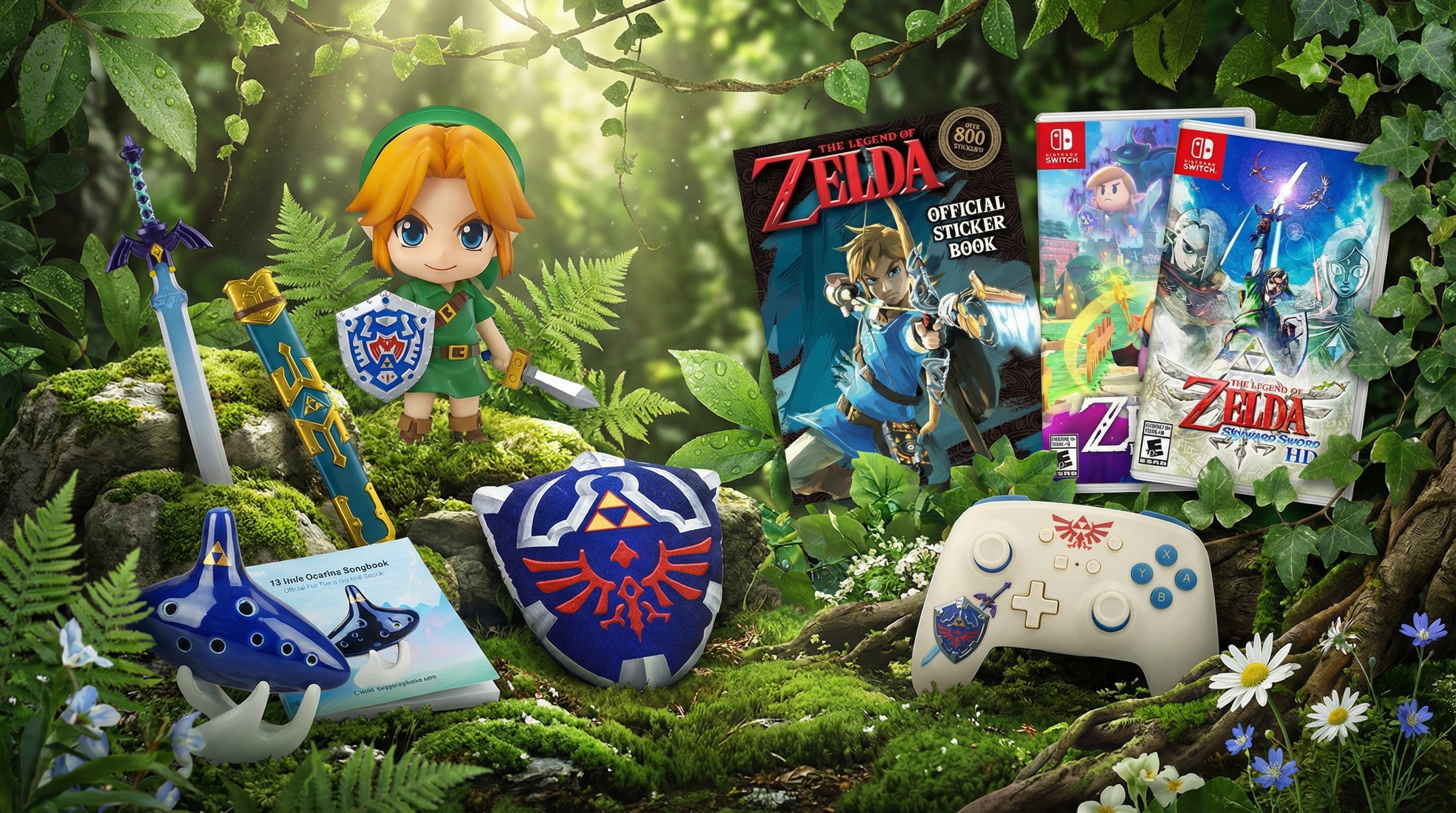"You can't just be like, ‘we're going to change the world,'" Kwame Taylor-Hayford on how to create projects with social impact
What does it mean to drive positive change? Co-founder of Kin shares his insight.
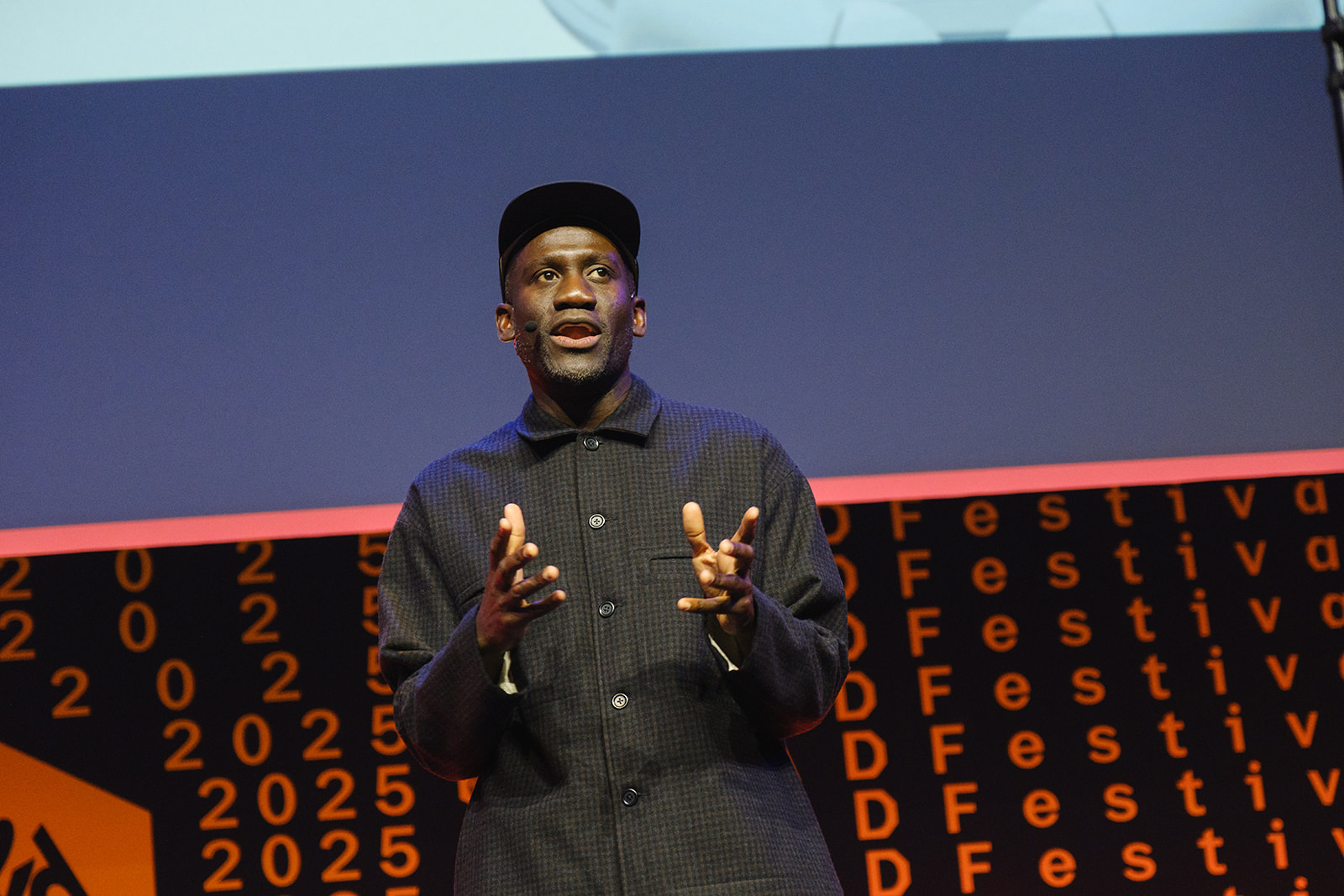
Sign up to Creative Bloq's daily newsletter, which brings you the latest news and inspiration from the worlds of art, design and technology.
You are now subscribed
Your newsletter sign-up was successful
Want to add more newsletters?

Five times a week
CreativeBloq
Sign up to Creative Bloq's daily newsletter, which brings you the latest news and inspiration from the worlds of art, design and technology.

Once a week
By Design
Sign up to Creative Bloq's daily newsletter, which brings you the latest news and inspiration from the worlds of art, design and technology.

Once a week
State of the Art
Sign up to Creative Bloq's daily newsletter, which brings you the latest news and inspiration from the worlds of art, design and technology.

Seasonal (around events)
Brand Impact Awards
Sign up to Creative Bloq's daily newsletter, which brings you the latest news and inspiration from the worlds of art, design and technology.
Kwame Taylor-Hayford doesn't just produce work for the hell of it. His focus is on creating projects that bring about meaningful positive change for society. The agency he co-founded, Kin, shares this mission, and was awarded AdAge's Purpose-Led Agency of the Year, Silver, in 2022.
Kwame is also D&AD's President, dedicating his time to make sure that the industry's most prestigious not-for-profit grows and expands, supporting and championing as many creatives as possible.
I sat down with him at D&AD Festival recently to discuss what creating positive change really means when it comes to creative work. For more of our conversation, see our chat about working for D&AD, Kwame's advice for young creatives and the challenges branding faces today.
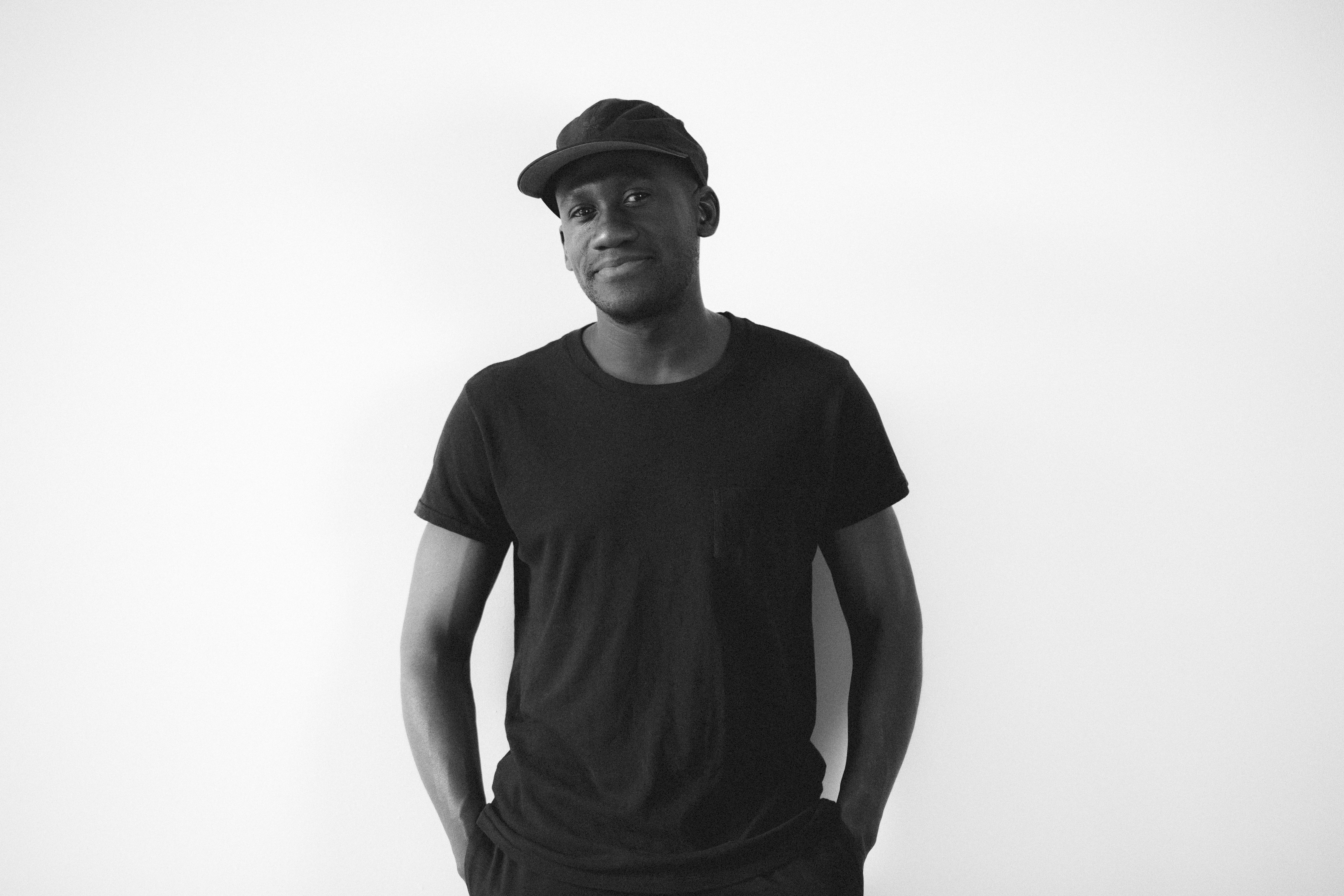
Kwame is a creative executive and entrepreneur with a passion for storytelling, design, innovation and impact. He is also co-founder at Kin, a creative company designed to advance social change through culture for brands including Delta Air Lines, Mailchimp, Chobani and Ben & Jerry's.
How do you think brands can bring about meaningful positive change?
I think it starts with knowing who you are and what you do. That belief and those values need to be very much in alignment with the actions that you take.
I feel it's important to commit not for next month or next year, but to the five year journey
I feel it's important to commit, and commit not for next month or next year, but to the five year journey of making progress on an issue or developing an outcome for a community, because it's through that that you will see not just results in terms of your business and driving growth for your company, but you'll see results in terms of the behaviour change or the societal change that you're looking to inspire through the work that you're doing.
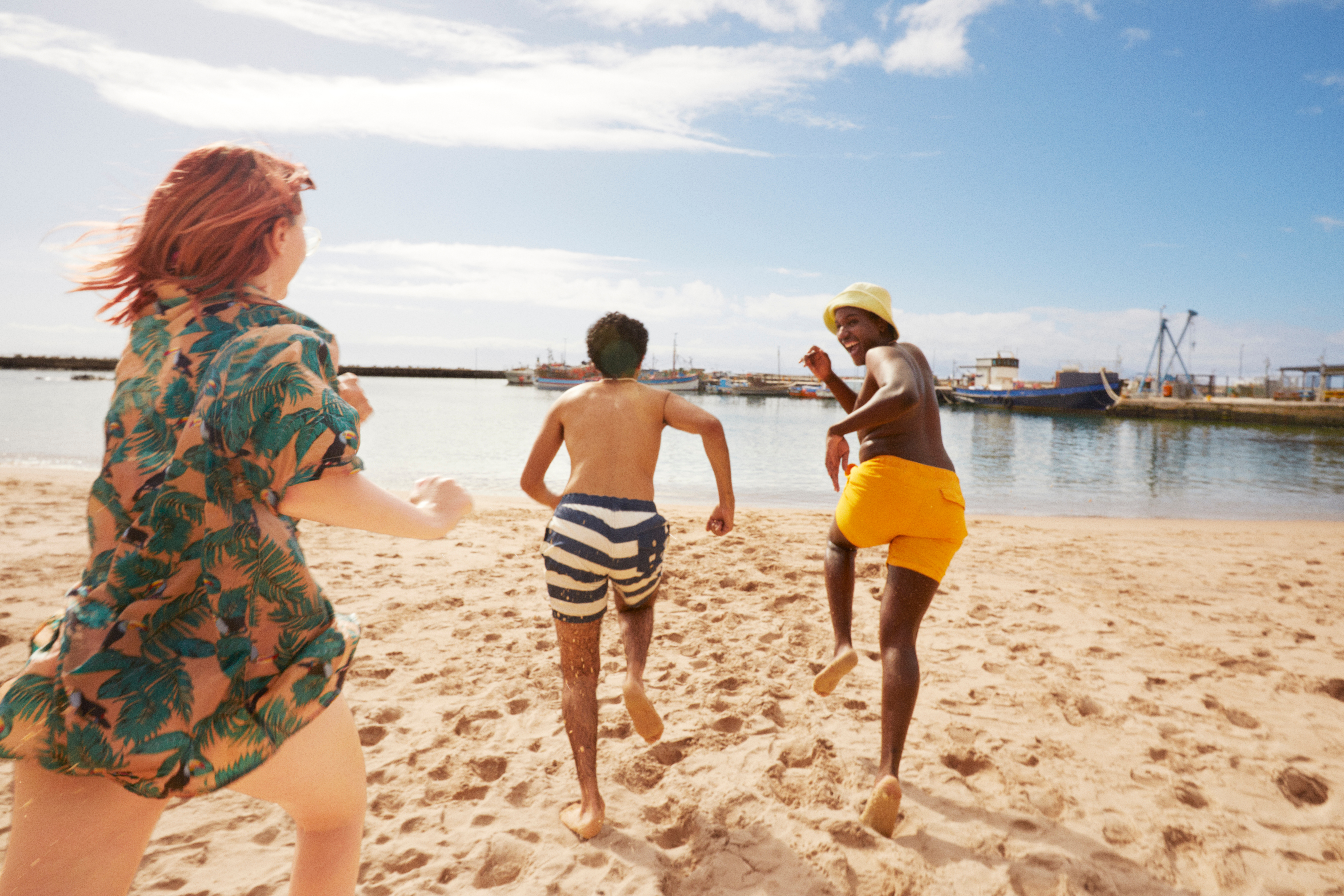
Can you give me an example of work that you've worked on that's created positive change?
I'll mention a project we did for Delta Airlines, which was focused on helping to more accurately and authentically represent today's traveler. The travel industry historically has not been very good at showing that travel is an experience that many of us can have, and when I say many of us, what I mean is travel has often been depicted as a privilege.
It's often been depicted as a luxury afforded to mostly very wealthy people and has definitely not included the stories of historically marginalised or historically underrepresented travellers like people from black communities, Asian communities, Hispanic communities.
So we worked with Delta to develop a platform called Faces of Travel, which really celebrates the experiences of Muslim travellers and gay travellers and black travellers, and we created this visual library that we made freely available to the travel industry to use. So if you're a blogger or you're a magazine, or if you're another airline and you're creating content around travel, you can go to this library and you can get images that represent today's travellers very authentically and use them for free in your communication.
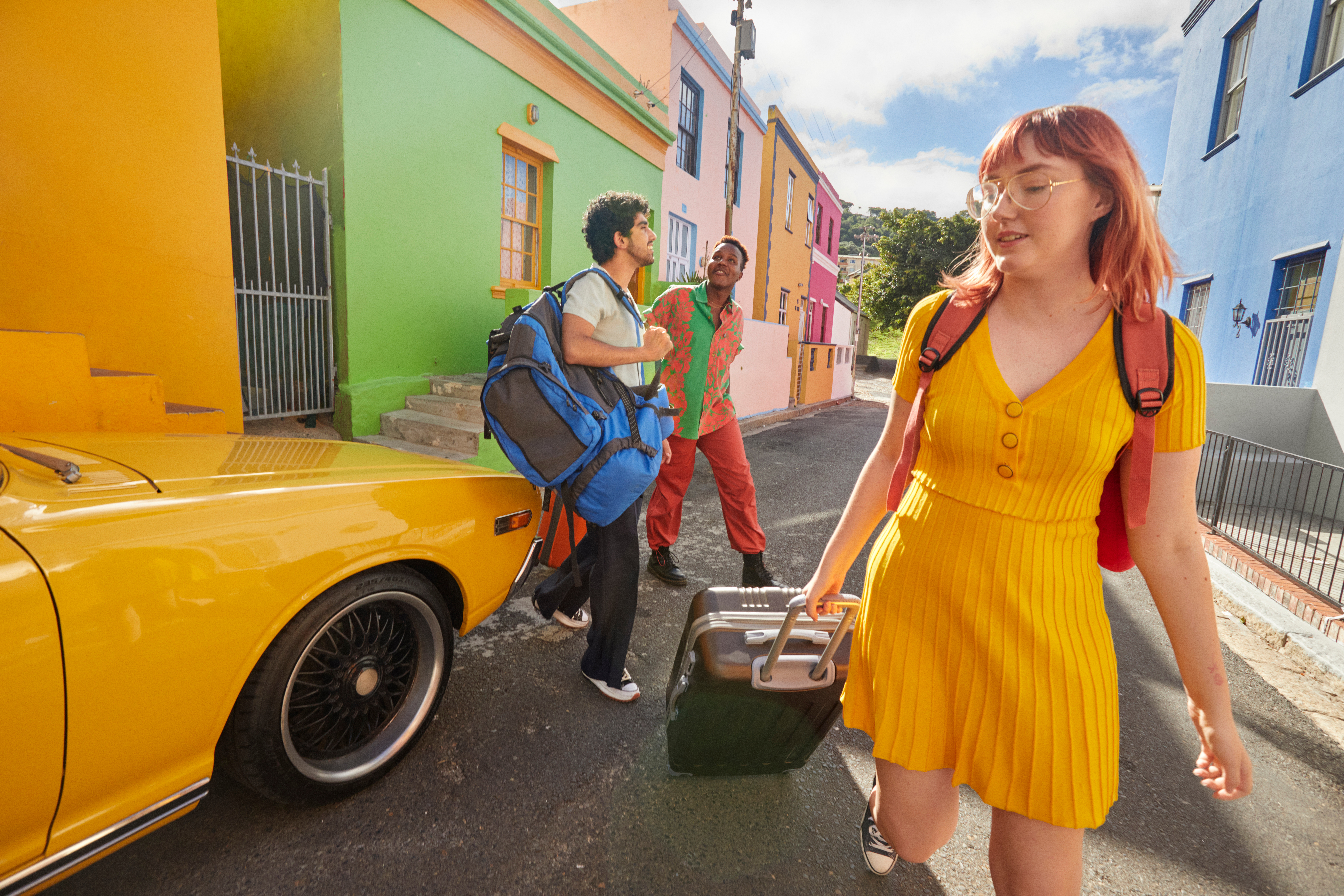
We helped Delta broker a partnership with Adobe so that those visuals could be available through their platform. Because if you're a creative person and you're making a piece of advertising or a piece of content, Adobe tools are mostly what you use. So making the images available in that context felt really material to getting them in front of people and getting them actually used in content.
We have run that campaign for nearly three years now, refreshing it with new images and new videos that people can pull down and use, and it's been really successful in terms of driving brand preference for Delta, but also just practically, the images [used throughout this article] have been downloaded I believe it's two and a half more times than any other diverse image library on Adobe Stock. And we're really proud of that.
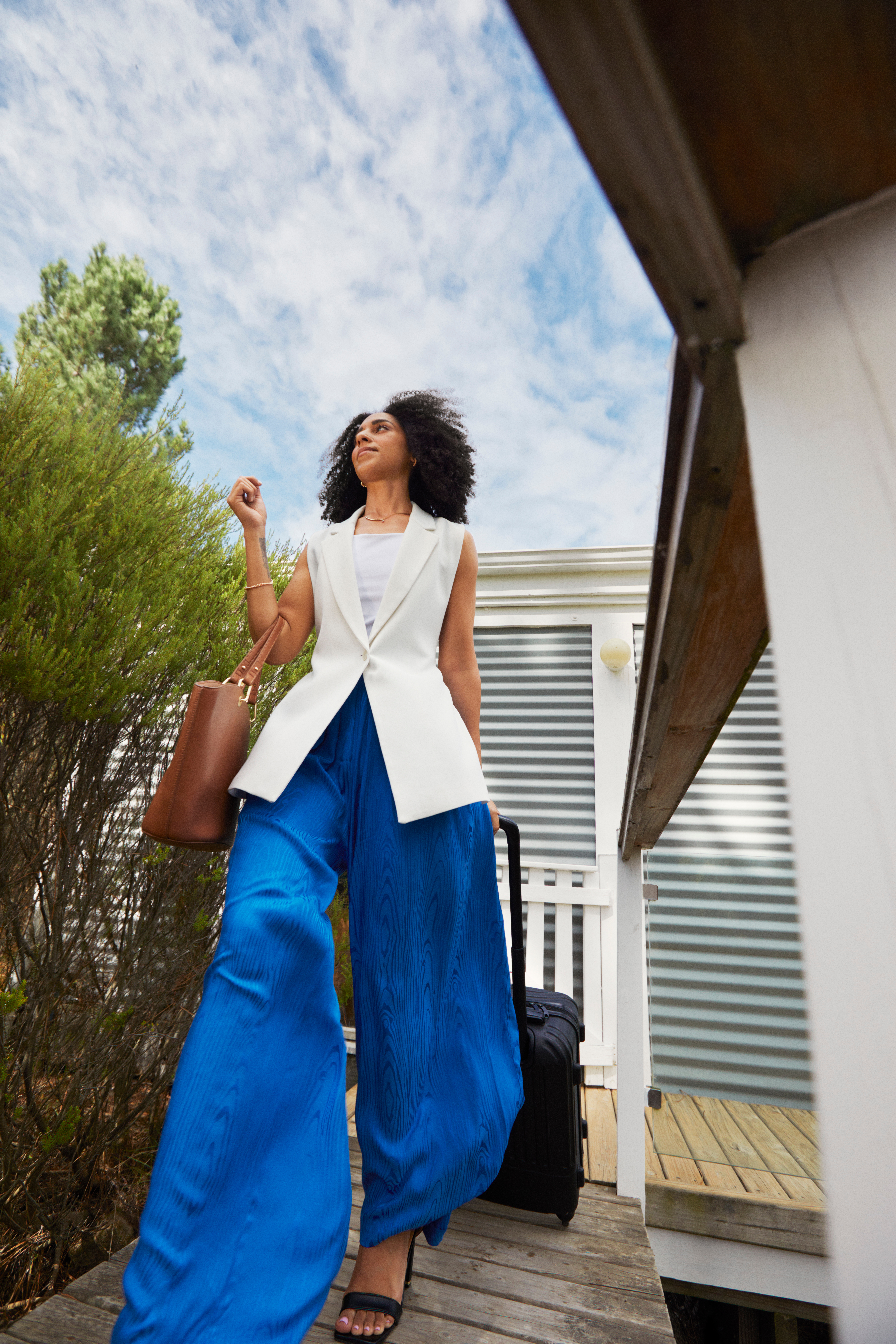
How do you measure the social impact of a project?
I think what you have to do is be very clear about the KPIs or the OKRs at the onset. And there are many things that you could measure, but you need to align with the brand that you're working with on what's important to them.
And in Delta's case, these brand health metrics: brand that I love, brand that cares about my community, brand that represents what I believe. We were able to talk with them and agree on these very specific metrics and agree on how much ideally we'd want to move them, and then we measured against that.
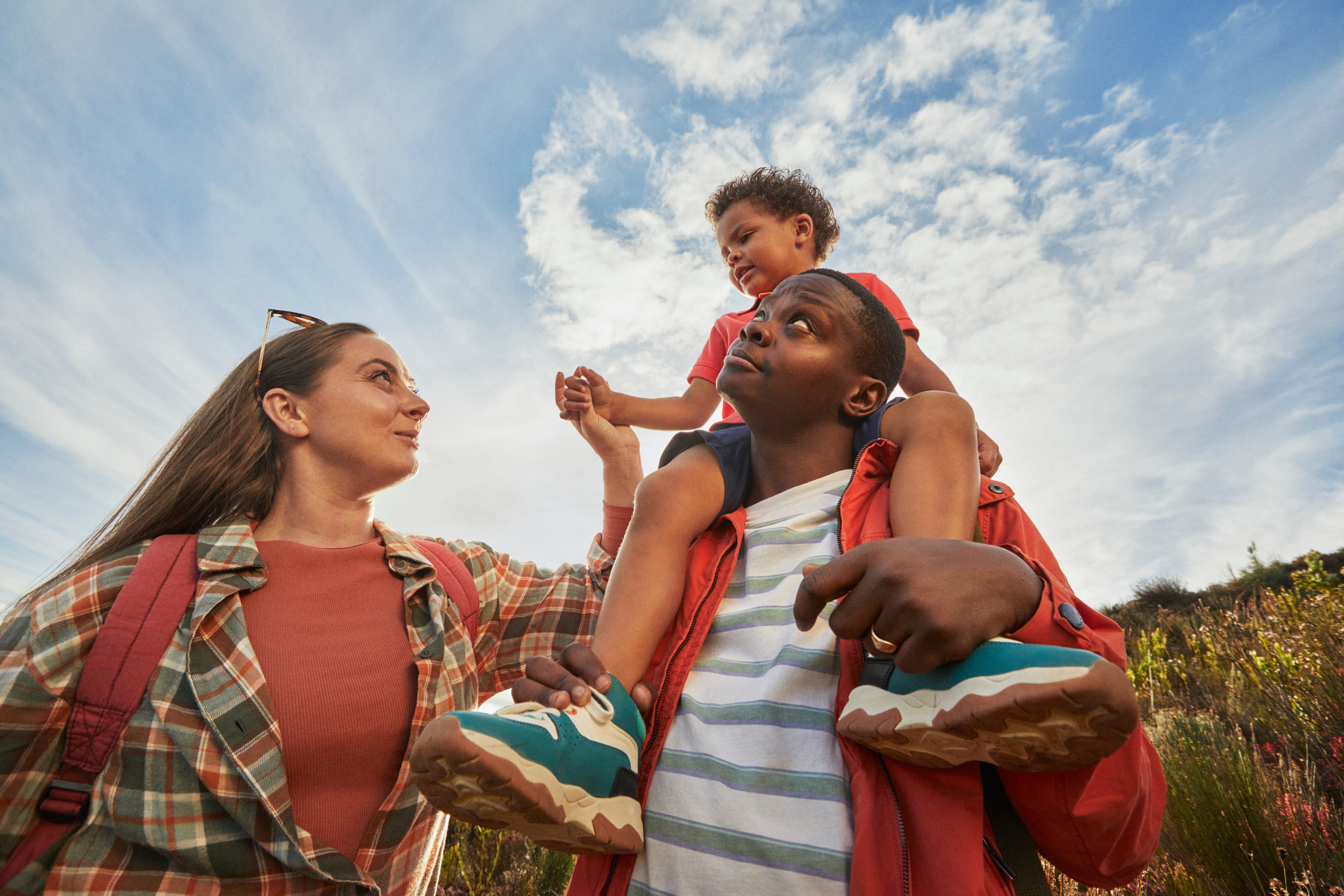
And of course, we agreed on looking for a certain number of downloads of the images, and we'll keep checking to make sure that we hit those KPIs, but I don't think there's any specific set that you need to agree on broadly in this work.
Sign up to Creative Bloq's daily newsletter, which brings you the latest news and inspiration from the worlds of art, design and technology.
I do think it's important to have a conversation with the brand and understand what their objectives are, and put things down on paper, and also develop a plan to measure because if you don't have that, then it's kind of arbitrary. You can't just be like, ‘we're going to change the world’ – that's a pretty big brief. So I think it's important to get a bit more concrete.
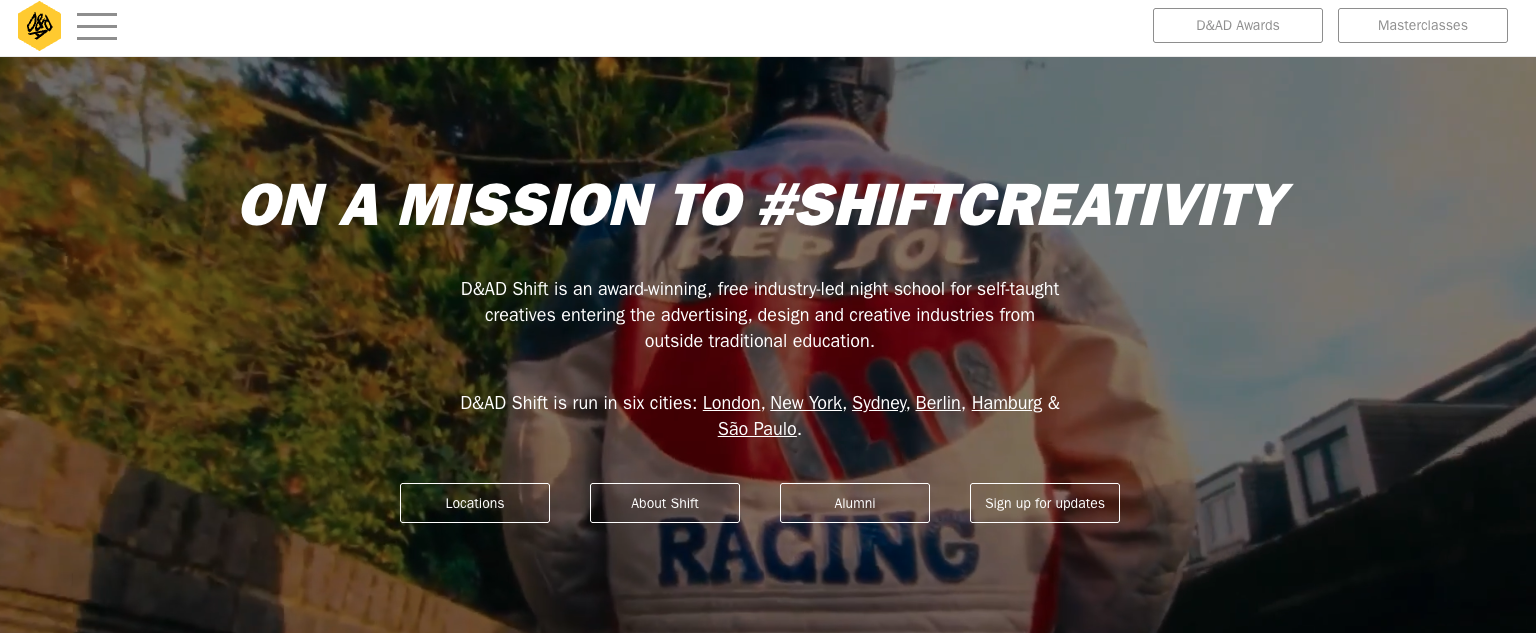
How do you think we can make the industry more accessible and inclusive?
The short answer is, I think there are many ways. I think the way that we're choosing to do it at D&AD is we have Shift, which is our night school for creatives that don't have a formal degree. They're self taught. And what we're doing, through the support of many incredible brands including Delta, is we're giving them opportunities to work on real briefs and real projects.
We just completed a collaboration with Delta through my agency Kin where we worked with their community engagement team to create a campaign that was focused on celebrating the work they do in that area. So we worked with the Shifters on strategy. They developed some creative ideas.
We ultimately landed on one concept that we called ‘common ground’, and we then produced a film, some out of home, and some social assets that are live today, running on TV in the US to highlight this important commitment Delta has to education, equity, the environment and entire wellness. They do this community engagement work around the globe, and we wanted to celebrate it.
So it was an incredible experience. The Shift cohort that we had got to go to Bogotá to produce their first TV commercial and through that, they now have this beautiful work in their portfolios that they can use to then secure additional opportunities to be creative.
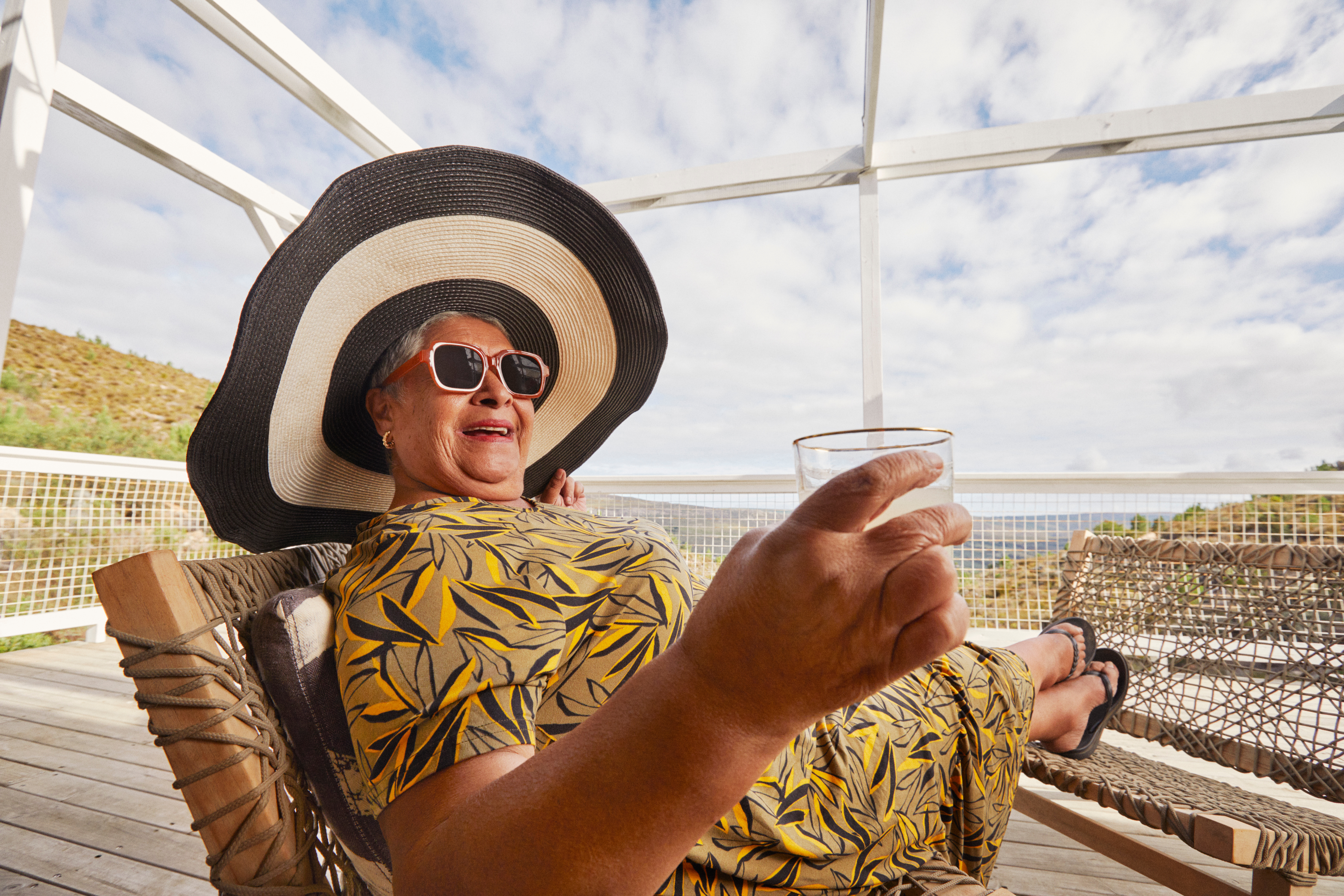
How has the industry changed since you started working in it? And how do you see it changing over the next five to 10 years?
When I started working in the industry, this was around the advent of the Internet. I started in 2003/2004 and honestly, it felt like there was a lot of opportunity, a lot of disruption. I come more from advertising. So ad agency agencies were not really sure about this internet thing, and this digital thing and social media came into the mix, and experiential started to become more of a thing. And these were all new for an industry that was very heavily focused on TV and print and radio and out of home.
People were largely working in the office five days a week. I want to say 40 hours a week, but it was more like 60-80 hours a week. And the proximity back then to the worlds of entertainment and art weren't, I don't think, as much of a consideration. It felt very insular. I think today it's totally different in a lot of ways, but also quite the same in a lot of ways.
I think AI is a bigger disruption than the internet was
I think AI is as big a potential disruption, I think it's actually a bigger disruption, than the internet was. Everyone's working remote, there are mandates to go back to the office. But I think even in those instances, the way that you're in the office is different now.
I think it's become not as sexy an option, because you can grab your phone and you can start a TikTok, and you can grow an audience and get briefs directly from brands to make content from those audiences, and you don't need to go work at an agency or a design studio.
So we need to make sure that we are keeping what we have in this business as a very sexy option. And we need to make sure that we are enticing because you don't need to get a four year degree to start a TikTok. And so I think we need to make sure that we are opening the door to talent to come in and to learn about our industry and learn about craft and execute their ambitions guided through the companies that we've built, because without that talent, we're nowhere.
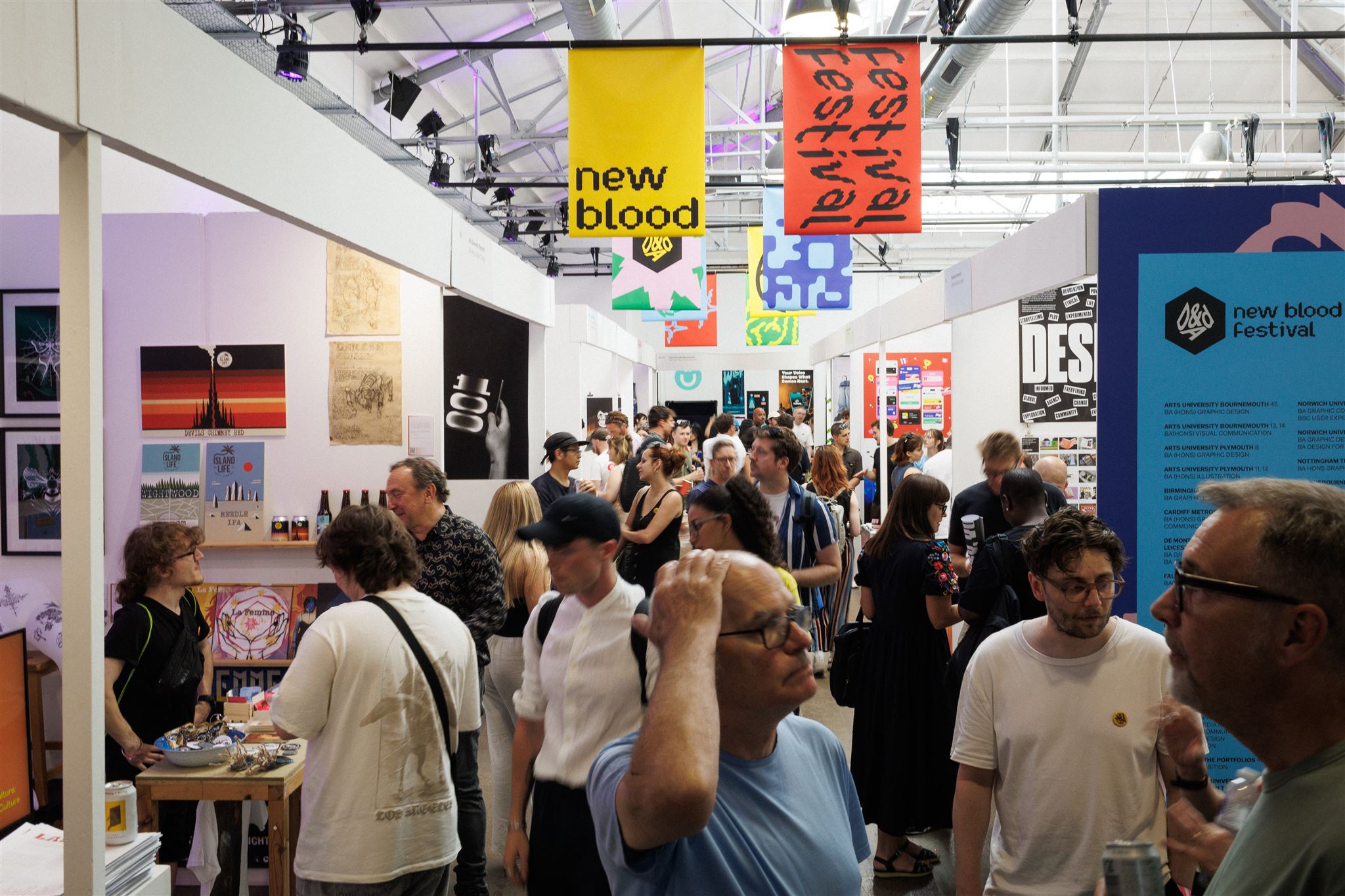
I think that means that we have to change the culture, the process, the outputs. I think we need to think about all that a lot differently if we're going to be able to be successful at attracting and retaining the next generation of creative people who do what we do.
Mentorship is the other thing that's kind of gone out the window. As agencies have been a bit under pressure, and as things have contracted in the industry, and as people are no longer coming to the office, it's just really hard to teach people and to nurture and to learn via osmosis and just being around it.
So I think putting more emphasis or focus into that is going to be a big benefit to us all, and that's something that we're thinking a lot about at D&AD. With our masterclasses and with learning programs through New Blood and through Shift, we're excited to continue to be a space where people can come and learn and feel supported and achieve the creative outcomes that they are looking for.
Have you created some work with a strong social impact? Enter it into the Brand Impact Awards.
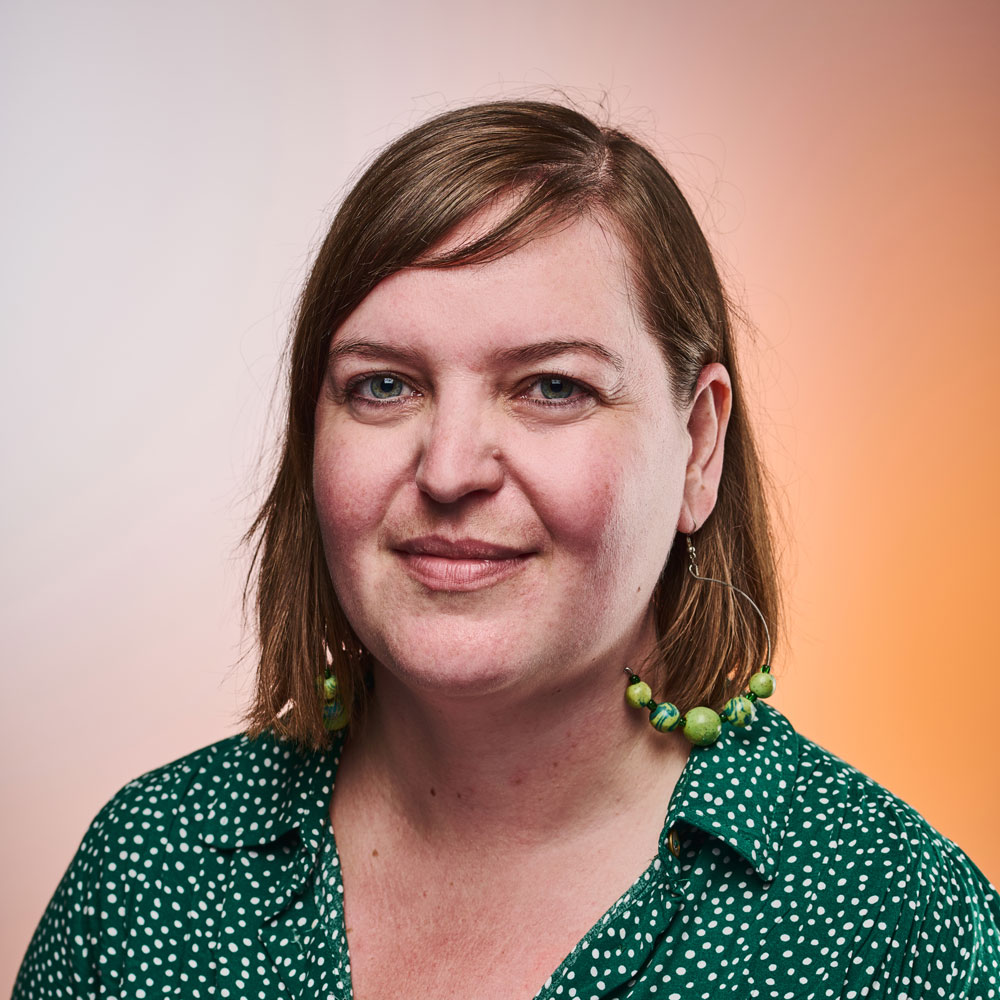
Rosie Hilder is Creative Bloq's Deputy Editor. After beginning her career in journalism in Argentina – where she worked as Deputy Editor of Time Out Buenos Aires – she moved back to the UK and joined Future Plc in 2016. Since then, she's worked as Operations Editor on magazines including Computer Arts, 3D World and Paint & Draw and Mac|Life. In 2018, she joined Creative Bloq, where she now assists with the daily management of the site, including growing the site's reach, getting involved in events, such as judging the Brand Impact Awards, and helping make sure our content serves the reader as best it can.
You must confirm your public display name before commenting
Please logout and then login again, you will then be prompted to enter your display name.
